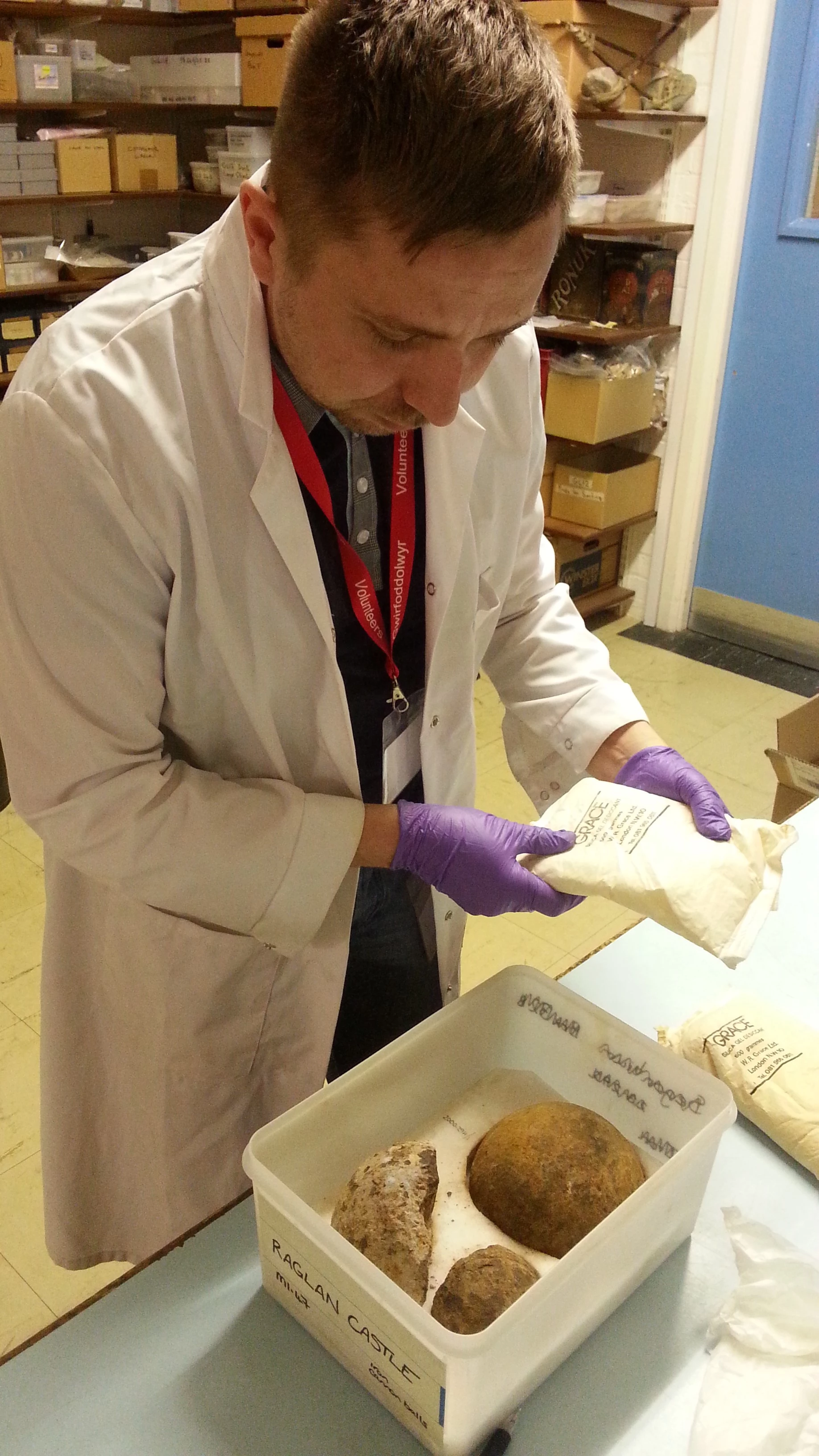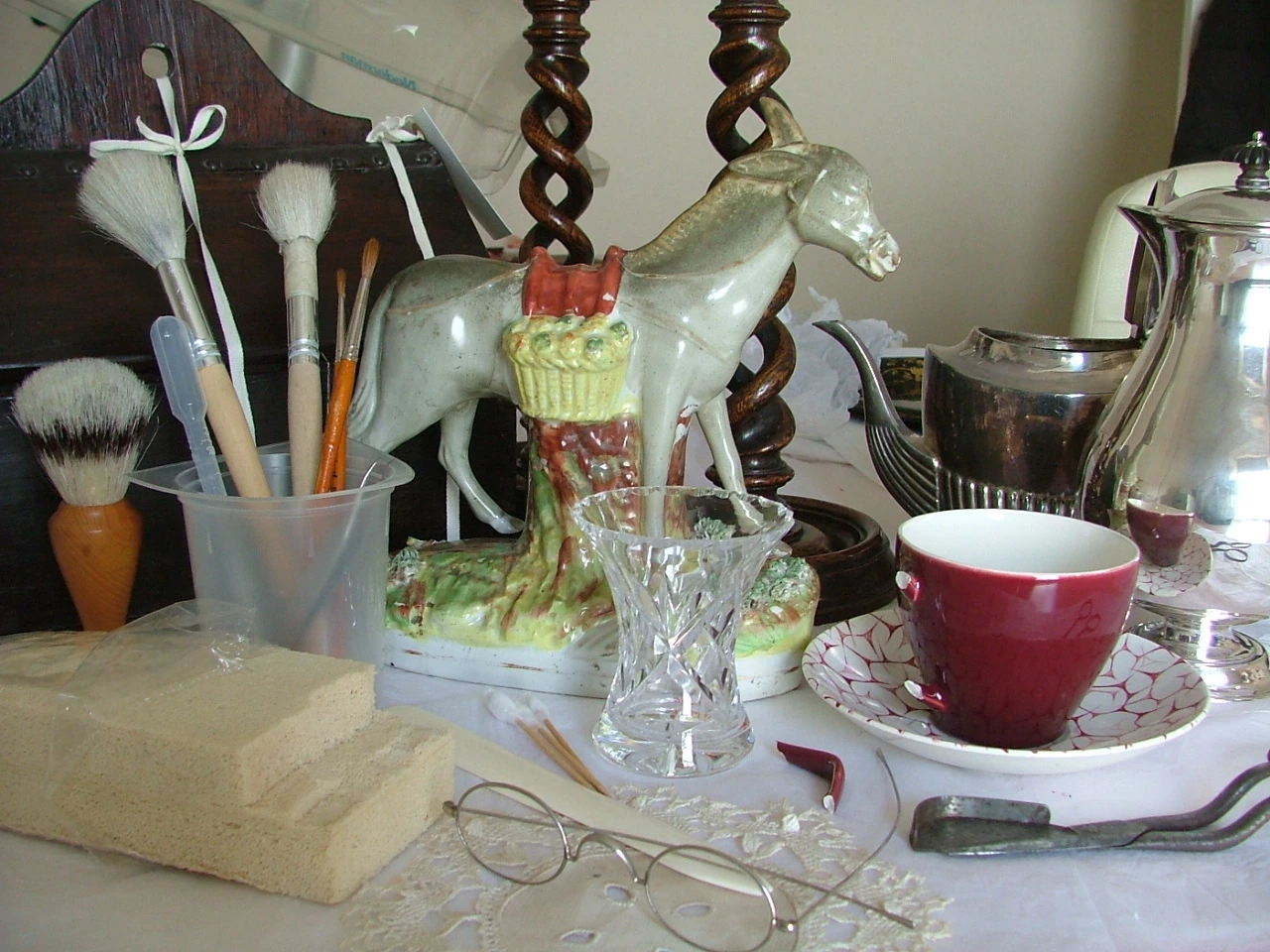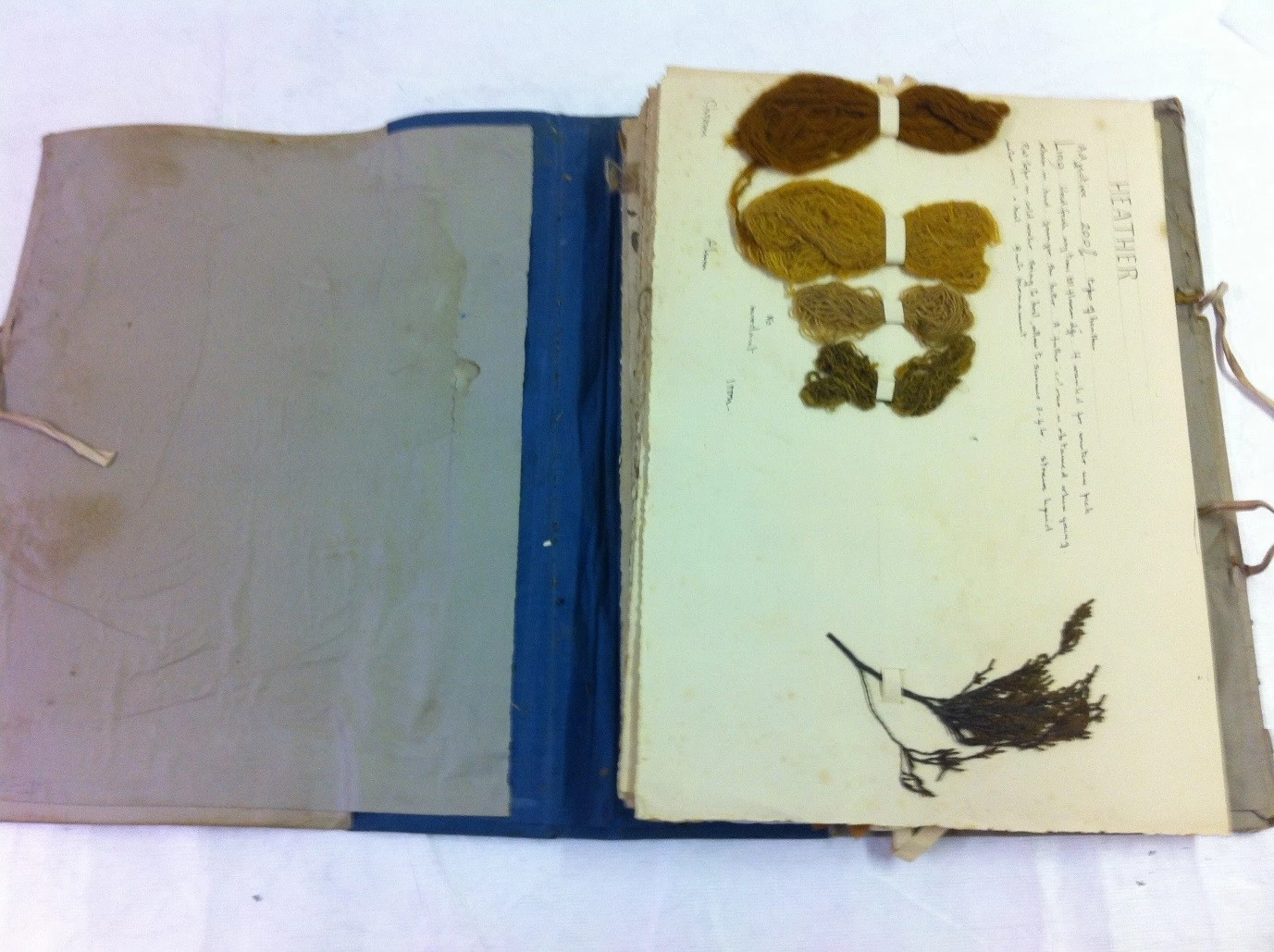Become a Housekeeping volunteer
, 17 Mehefin 2015
We would like to offer volunteers the opportunity to get involved in caring for the museum collections on open display in the historic houses. We have a huge number of objects, including items made from pottery, glass, textiles, paper, wood and leather, all of which need constant care and repair.
We plan to use traditional housekeeping techniques as well as modern conservation methods to help keep our collection looking good. No previous experience is required, all training will be provided.
New facilities are also being created for our housekeeping volunteers, providing a comfortable area to work as well as relax.
If you are interested in joining us, please follow this link to the application form and we look forward to hearing from you.
This is a pilot project so even if the initial days we offer are not suitable, please still register your interest as more opportunities will arise in the future.





